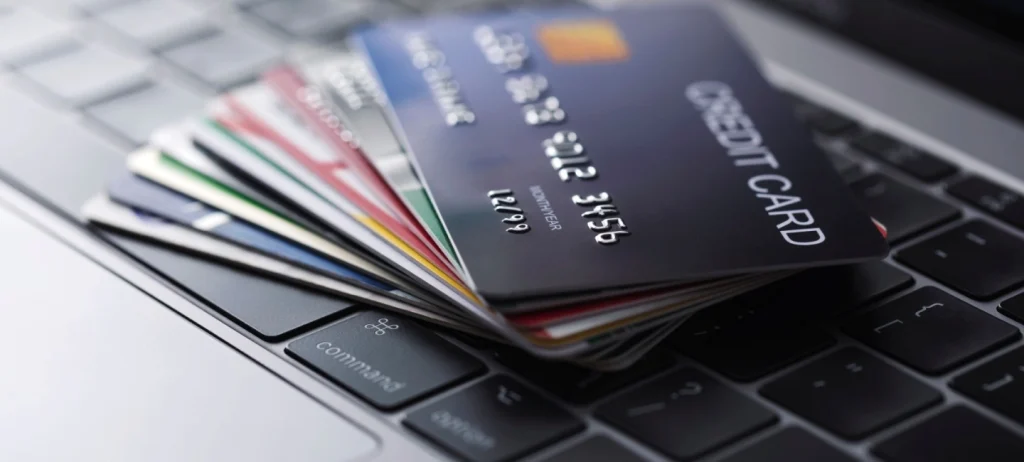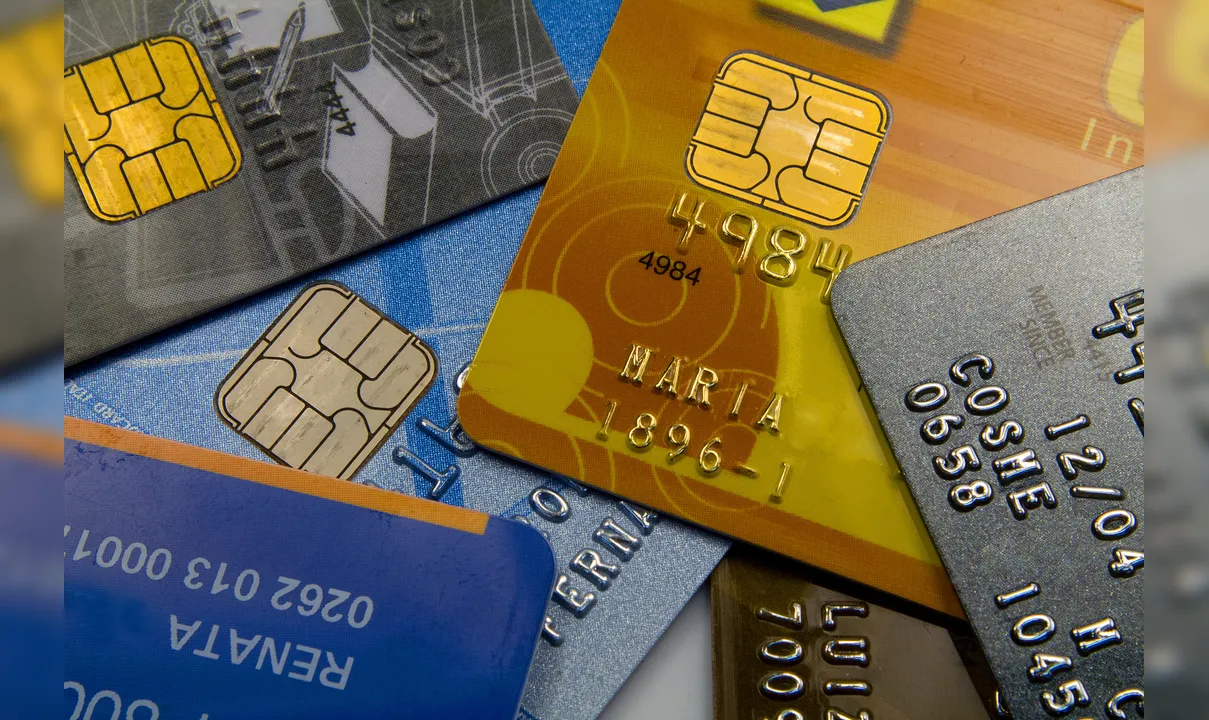The financial environment can be daunting for young people stepping into adulthood. Understanding the basics is crucial, particularly when it comes to utilizing financial tools. Among these, credit cards play a significant part.
When used responsibly, they can be a powerful resource for building fiscal discipline and acquiring money management skills. In this article, we will delve into how these financial instruments contribute to the financial literacy of younger generations and why they are indispensable in making well-informed monetary decisions.
Building financial literacy through credit cards

For young Americans, learning to manage finances is an essential life skill. Credit cards provide a real-world platform to practice budgeting and tracking expenses. By using them, individuals can effectively monitor their spending habits, encouraging them to evaluate and adjust these practices to prevent overspending.
They serve as a powerful educational tool, fostering critical thinking about personal finance through real-life applications. Equipping young people with these experiences lays the foundation for sound economic decisions and prudent management of their financial futures.
Developing responsible spending habits
Encouraging young adults to use credit cards responsibly instills great spending habits. This is achieved by setting spending limits that align with their income, ensuring they avoid the pitfalls of accumulating excessive debt. Moreover, paying off the balance each month teaches them about interest charges and the importance of keeping debt low.
By experiencing firsthand how interest builds and impacts finances, young people become more cautious in their spending. Such practice fosters responsibility, discipline, and an awareness that can positively shape their financial health.
Understanding credit scores and their importance
A significant aspect of financial education is understanding credit scores and their long-term implications. Utilizing credit cards helps young Americans build a credit history, a vital component in determining their credit score. This score impacts their ability to secure favorable loan terms, rent apartments, or even access certain job opportunities.
Through credit card use, individuals learn how their payment behavior affects their financial reputation. This knowledge empowers them to make informed decisions and underscores the importance of maintaining a good credit standing.
Practical tips for using credit cards wisely
To maximize the benefits of using credit cards, young people should follow practical guidelines. First, it’s crucial to select a card with no annual fee and one that offers rewards, maximizing value without additional costs.
Setting up automatic payments can help ensure timely bill payments, preventing late fees and interest from piling up. Additionally, tracking expenses through apps or personal finance software can help them stay within their budget. Through these practices, credit cards become not just tools for spending but instruments for learning and growth.
Harnessing financial tools for a secure future
In conclusion, credit cards serve a vital role in the financial education of young Americans. They offer more than just a method of payment; they are gateways to learning about personal finance, creditworthiness, and responsible consumption.
As they transition into independent adults, the skills acquired through credit card use will serve as a foundation for financial stability and security. Encouraging responsible use and understanding can pave the way to a more financially savvy generation.




